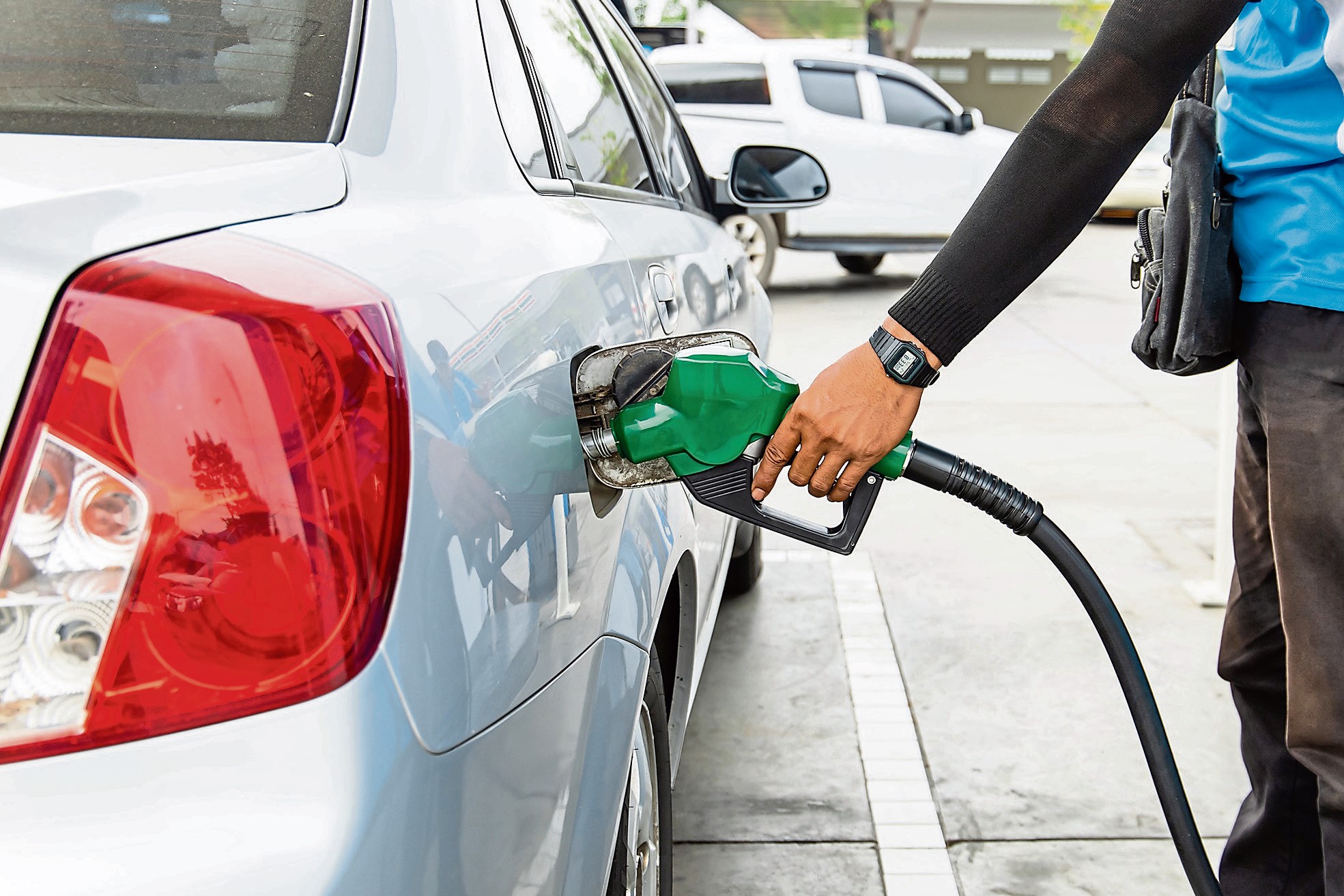THE gap between the price of fuel North and South of the border is getting wider, with local suppliers the biggest beneficiaries.
The latest market analysis in the Republic shows the average price of a litre of diesel increased to €1.78 (£1.52) and petrol averaged €1.81 per litre (£1.55) while heating oil and coal prices are also on the rise.
Corry Fuel and Hardware in Belleek is one of the fuel suppliers in the county to benefit from the clear difference in prices.
“Our petrol and diesel sales have seriously increased. So many people are coming from across the border for it,” Chris Dykes of Corry Fuel and Hardware said.
“We’re not even the cheapest and we’re still very busy – at the minute it’s £144.9 for petrol and £139.9 for diesel. We’ve doubled what we were selling. The price difference is huge.”
And it’s not just the affordable petrol and diesel prices that have kept business owners in Fermanagh happy.
“We get a lot of ones coming across the border to buy heating oil as well. They are coming from as far down the country as Galway because it’s that much cheaper up here,” Mr Dykes said.
“It’s the same for coal. We used to have a coal yard in Ballyshannon and we were cruxfied with the prices.
“Back then we were selling Polish coal at around €37 a bag. Since we moved here we’re selling it at €22.50.”
A hike in excise duty in the Republic has seen the gap in fuel prices continue to widen.
The Irish government cut excise duty on diesel by 21c and 16c on petrol at the start of 2022, amid concern fuel prices could reach €2 per litre at forecourts.
The excise duty has gradually been reinstated and was fully restored this month, potentially adding another 4c on a litre of diesel and 5c on a litre of petrol, once VAT is factored in.
A gradual rise in the rate of carbon tax in the Republic is also pushing energy prices up overall.
Introduced in 2010, the carbon tax is intended to reduce carbon dioxide emissions and is part of Ireland’s strategy to support a greener and cleaner environment.
Fuel suppliers must collect the tax and pay it to the Revenue Commissioners.
The latest increase brings the rate to €56 per tonne of carbon dioxide but by 2030 it will be charged at a rate of €100 per tonne.

CROSS BORDER BOOST ... Pump prices are now lower in Fermanagh than south of the border.
Fermanagh filling stations enjoy cross border boost
Posted: 9:57 am August 16, 2024
Posted: 9:57 am August 16, 2024








